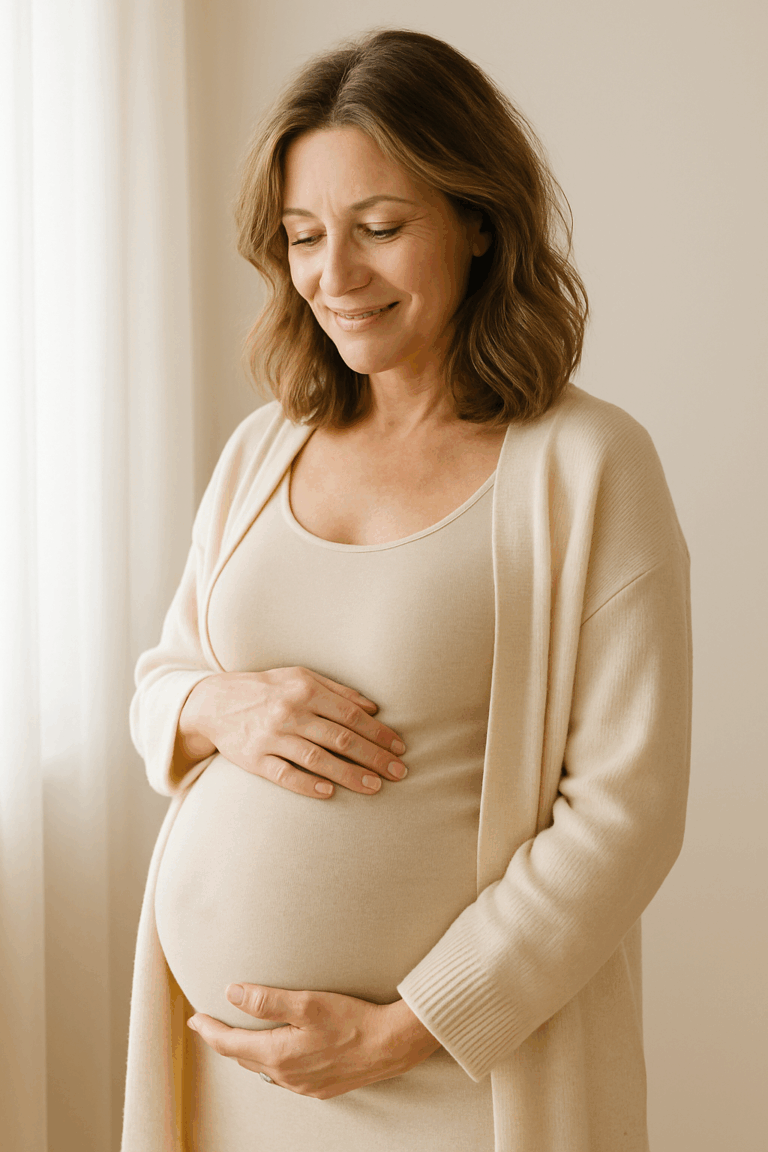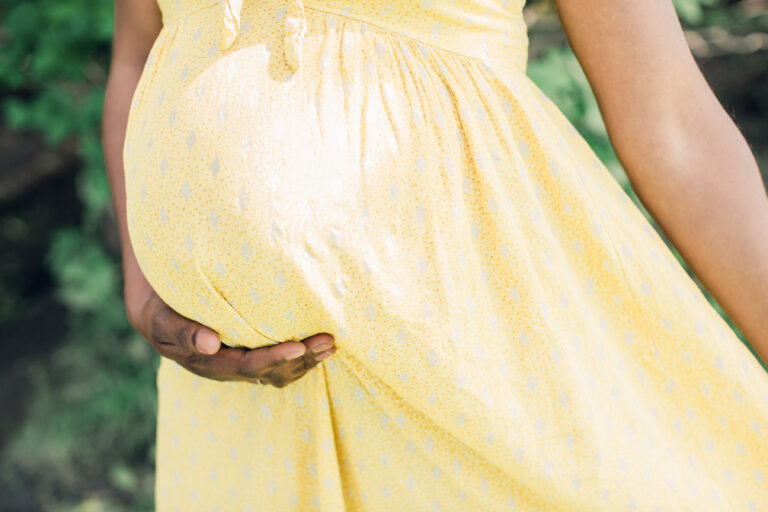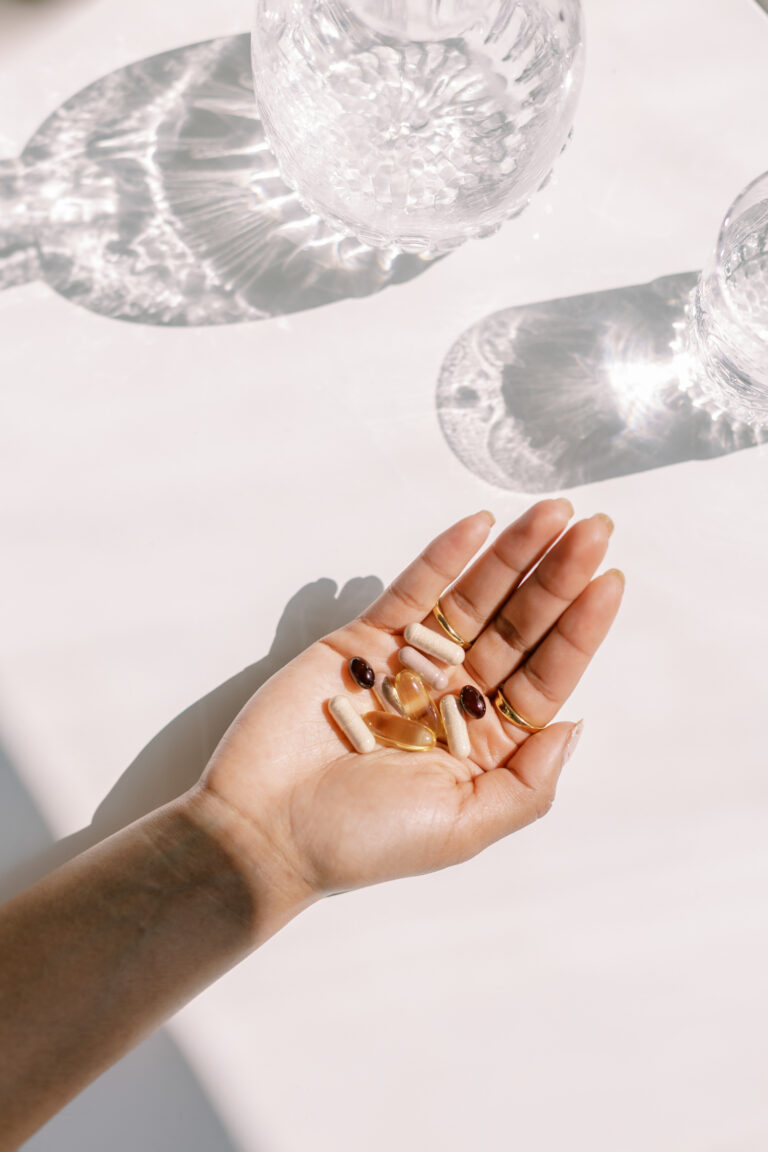The Importance of Bone Health After 30
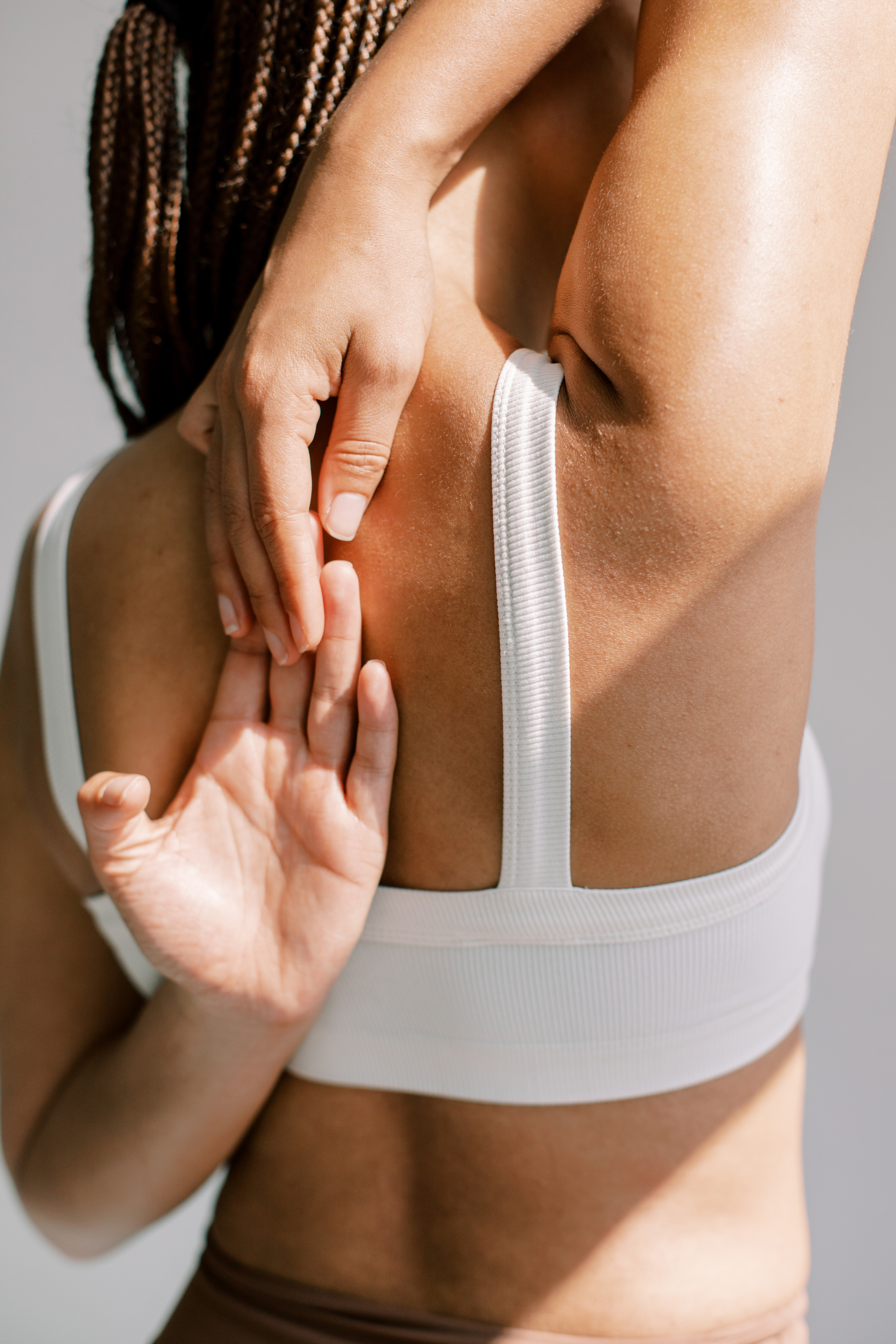
When you think about your health in your 30s, bone health might not be at the top of your list. After all, it’s easy to assume strong bones are something we only need to worry about later in life.
But here’s the truth – your 30s are a critical time for maintaining and even building bone strength, and taking care of your bones now can prevent serious issues down the line.
If you’re not sure where to start, don’t worry – we’ve got you covered. Let’s talk about why bone health for women is so important after 30, how it changes as we age, and the best vitamins for bone health to keep you strong and supported for decades to come.
Why Bone Health for Women Is So Important After 30
Did you know that by the time you hit your 30s, your bones have already reached their peak bone mass? That’s right, they’re the strongest and densest they’ll ever be. From this point, your body begins to lose bone density faster than it can replace it. For women, this process accelerates in our 40s and 50s due to hormonal changes like declining estrogen during menopause, which can lead to osteoporosis if we’re not proactive.
Osteoporosis, in case you’re not familiar, is a condition where bones become weak and brittle, increasing the risk of fractures.
The good news? You have a lot of control over your bone health.
Simple lifestyle changes and the right nutrients can slow bone loss, keep your skeleton strong, and reduce the chances of fractures later in life.
How Bones Change as We Age
To understand why bone health for women deserves attention, it helps to know a bit about how bones work.
Bone Remodeling
Your bones are in a constant state of renewal. Old bone is broken down, and new bone is formed. Up until your 20s, this process builds more bone than it breaks down. But after your 30s, that balance shifts.
Hormonal Impact
Estrogen plays a key role in maintaining bone density. As levels naturally decline, especially around menopause, bone breakdown speeds up.
Calcium Stores
Your bones act like a bank for calcium, a mineral that’s essential for many body functions. If your diet lacks calcium, your body ‘withdraws’ it from your bones, weakening them over time.
Signs You Might Be Neglecting Bone Health
Sometimes, we don’t realize we’re not taking care of our bones until it’s too late. Here are some subtle signs you might need to prioritize your bone health:
- Poor posture or back pain
- Weak or brittle nails
- Muscle cramps, especially at night
- A family history of osteoporosis or fractures
If any of these sound familiar, it’s a good time to take action – starting with diet and lifestyle.
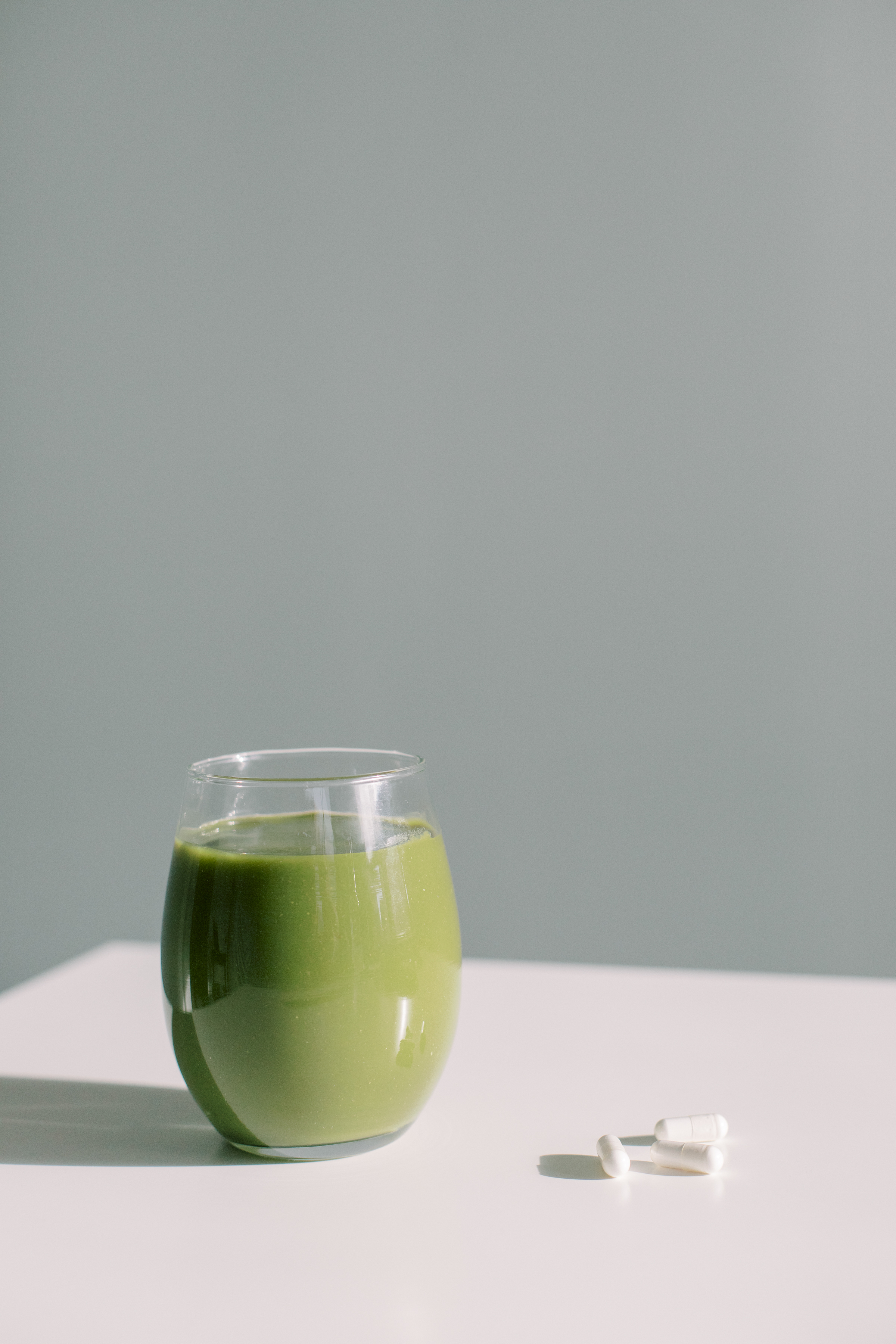
The Best Vitamins for Bone Health
Your diet is one of the easiest ways to support your bones. But, these vitamins for bone health play a starring role in maintaining their strength:
1. Vitamin D
Vitamin D helps your body absorb calcium, which is essential for building and maintaining strong bones. Without enough vitamin D, your bones can become thin and brittle.
Sources: Sunlight, fatty fish (salmon, mackerel), egg yolks, and fortified foods like milk or cereals.
2. Calcium
Calcium is the foundation of bone strength. It’s what gives your bones their structure and durability.
Try: Dairy products (milk, cheese, yogurt), leafy greens (kale, spinach), almonds, and fortified plant-based milks.
3. Vitamin K2
Vitamin K2 helps direct calcium to your bones where it’s needed, rather than letting it accumulate in soft tissues like arteries.
Eat: Fermented foods like natto, hard cheeses, and egg yolks.
4. Magnesium
Magnesium works alongside calcium to keep bones strong and supports the enzymes that regulate bone rebuilding.
Load up on: Nuts, seeds, whole grains, and dark leafy greens.
5. Vitamin C
While vitamin C is best known for supporting immunity, it also helps produce collagen, a key protein that keeps your bones flexible and resilient.
Buy: Citrus fruits, bell peppers, strawberries, and broccoli.
Lifestyle Tips to Support Bone Health
Getting enough vitamins for bone health is essential, but diet is just one part of the equation. Here are some simple lifestyle changes you can make to keep your bones healthy:
1. Stay Active
Weight-bearing exercises like walking, jogging, or strength training are fantastic for maintaining bone density. Even low-impact activities like yoga or Pilates can improve balance and reduce the risk of falls as we age.
2. Avoid Bone Robbers
Certain habits can weaken your bones, like smoking, excessive alcohol, or too much caffeine. Limiting these can go a long way toward protecting your skeleton.
3. Get a Bone Density Test
If you have a family history of osteoporosis or other risk factors, talk to your doctor about getting a bone density test. Early detection is key.
4. Focus on Protein
Protein isn’t just for building muscles – it’s also crucial for bone health. Make sure your diet includes plenty of lean protein sources like chicken, beans, and fish.
FAQs About Bone Health for Women
How much calcium do I need daily?
The recommended daily intake for women over 30 is about 1,000 mg of calcium per day. This increases to 1,200 mg for women over 50.
Should I take a bone health supplement?
If you’re not getting enough nutrients from your diet, supplements can help fill the gap. Look for options that combine calcium, vitamin D, and magnesium for maximum benefits.
How often should I exercise for strong bones?
Aim for at least 30 minutes of weight-bearing exercise three to five times a week.
Why Start Now?
Taking care of your bones in your 30s is like making a long-term investment in your health. The earlier you start, the more you can protect yourself against issues like osteoporosis later in life. By focusing on bone health for women now, you’re setting yourself up for stronger, healthier years ahead.
Whether it’s prioritizing vitamins for bone health or staying active, small steps today can make a big difference. Your bones are the foundation of your body – keep them strong, and they’ll support you for life.
